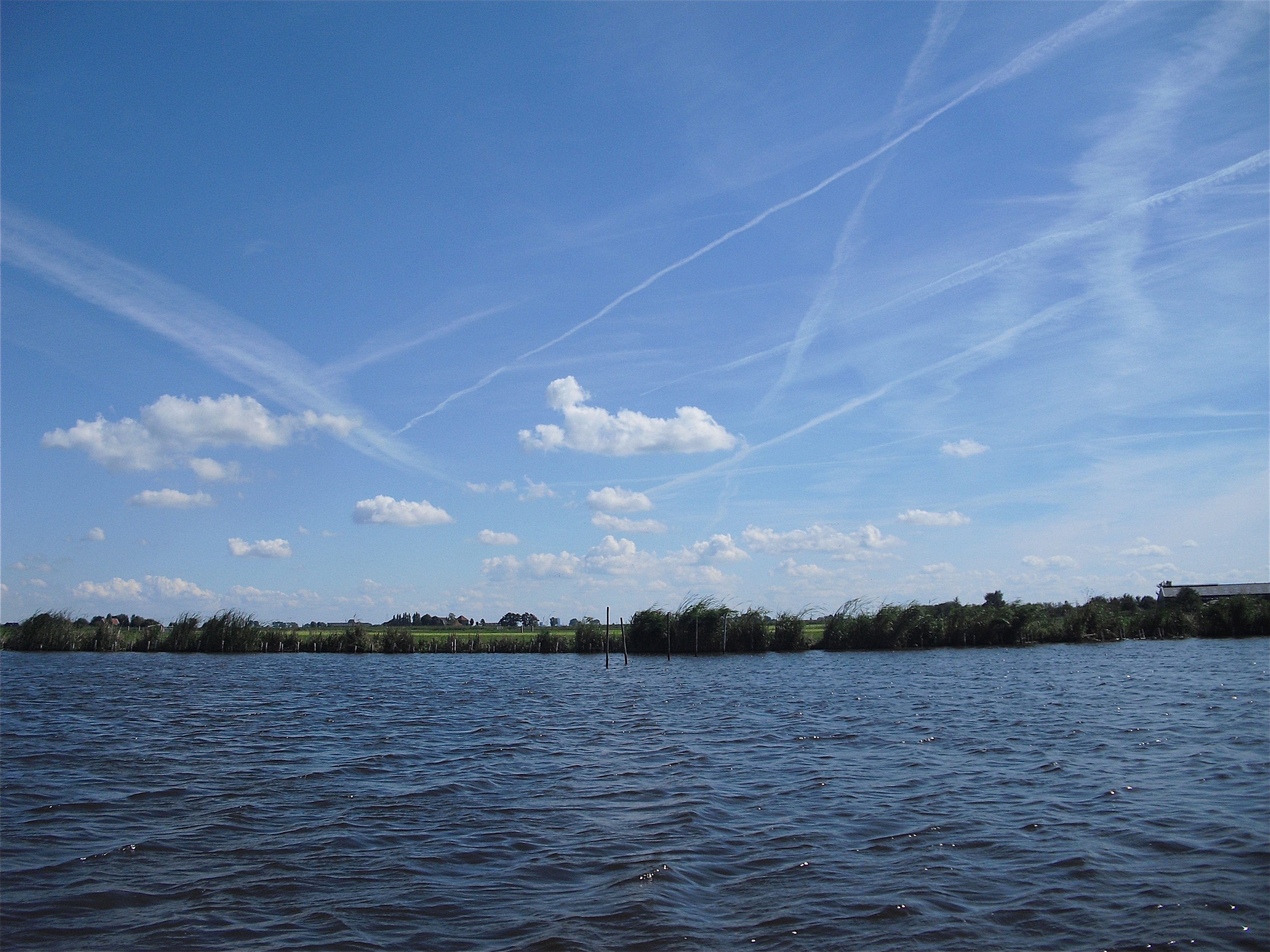Phasing out fossil tax breaks won’t always boost the environment

Phasing out the tax breaks on fossil fuels enjoyed by the transport sector and heavy industry will be complicated and won’t always benefit the environment anyway, according to scientists and economists at two government think tanks.
Earlier this week MPs voted in favour of scrapping the benefits some companies are given because they use fossil fuels, leading protest group Extinction Rebellion to halt its daily blockade of the A12 motorway in The Hague.
According to the cabinet, the direct and indirect subsidies on fossil fuel cost between €39 billion and €46 billion a year.
The Dutch environmental assessment agency PBL and macro-economic advisor CPB have made an inventory of what subsidies and tax breaks there are, and what the likely impact on the environment is likely to be.
“It would appear to be a no-brainer but there are a lot of brain-teasers in there as well,” the researchers said.
The researchers suggest that direct tax breaks and subsidies amount to some €17 billion a year. This figure excludes secondary benefits such as the fact that vans are not liable for car tax and that companies that use oil to produce plastics also benefit from a specific tax break.
The report concludes that officials should be careful “not to turn off the wrong switch”. Increasing electricity taxes for major users, for example, will make it more expensive for them to shift away from gas-fired power stations.
Instead, they recommend targeting electricity producers by taxing electricity made from gas and coal more heavily which, the researchers say, will encourage them to use more sustainable methods, and help the transition to clean energy.
Attention should also focus on emissions that are not yet taxed, the report suggests. Both aviation and shipping are exempt from fuel tax and the European emissions trading system, through which companies effectively buy the right to pollute, allows heavy industry to avoid energy taxes as well.
These measures, the researchers point out, will have to be dealt with at a European level.
Thank you for donating to DutchNews.nl.
We could not provide the Dutch News service, and keep it free of charge, without the generous support of our readers. Your donations allow us to report on issues you tell us matter, and provide you with a summary of the most important Dutch news each day.
Make a donation